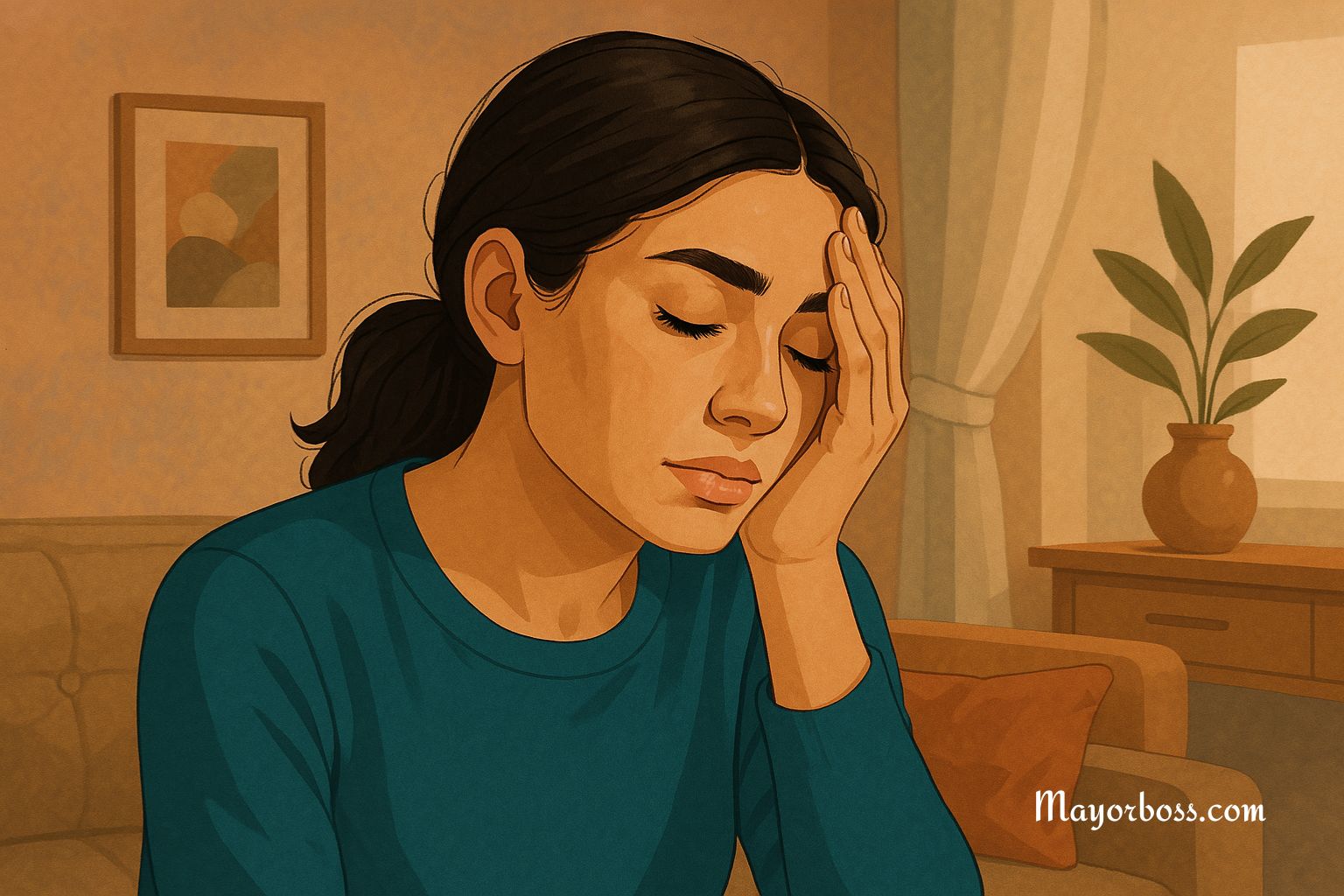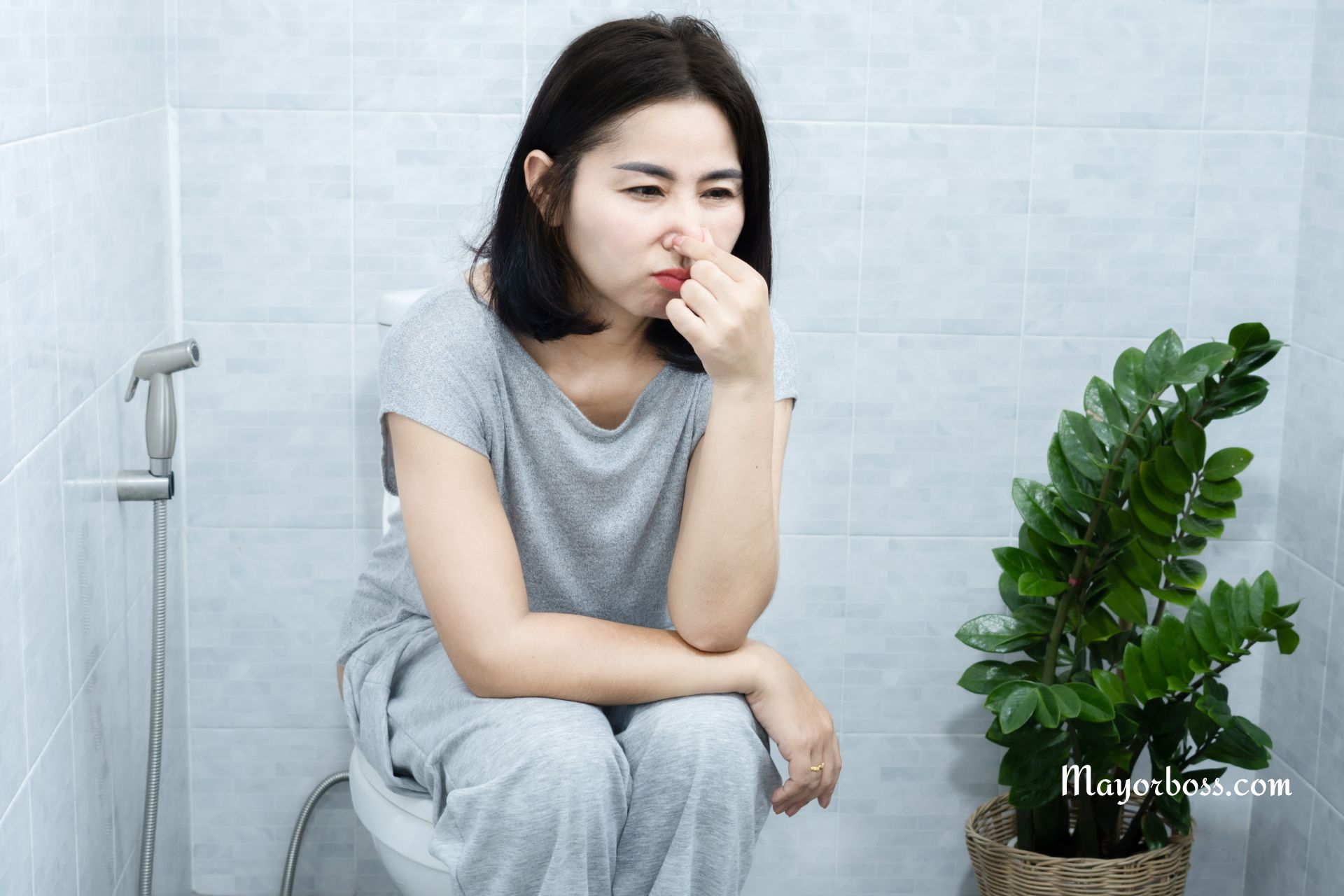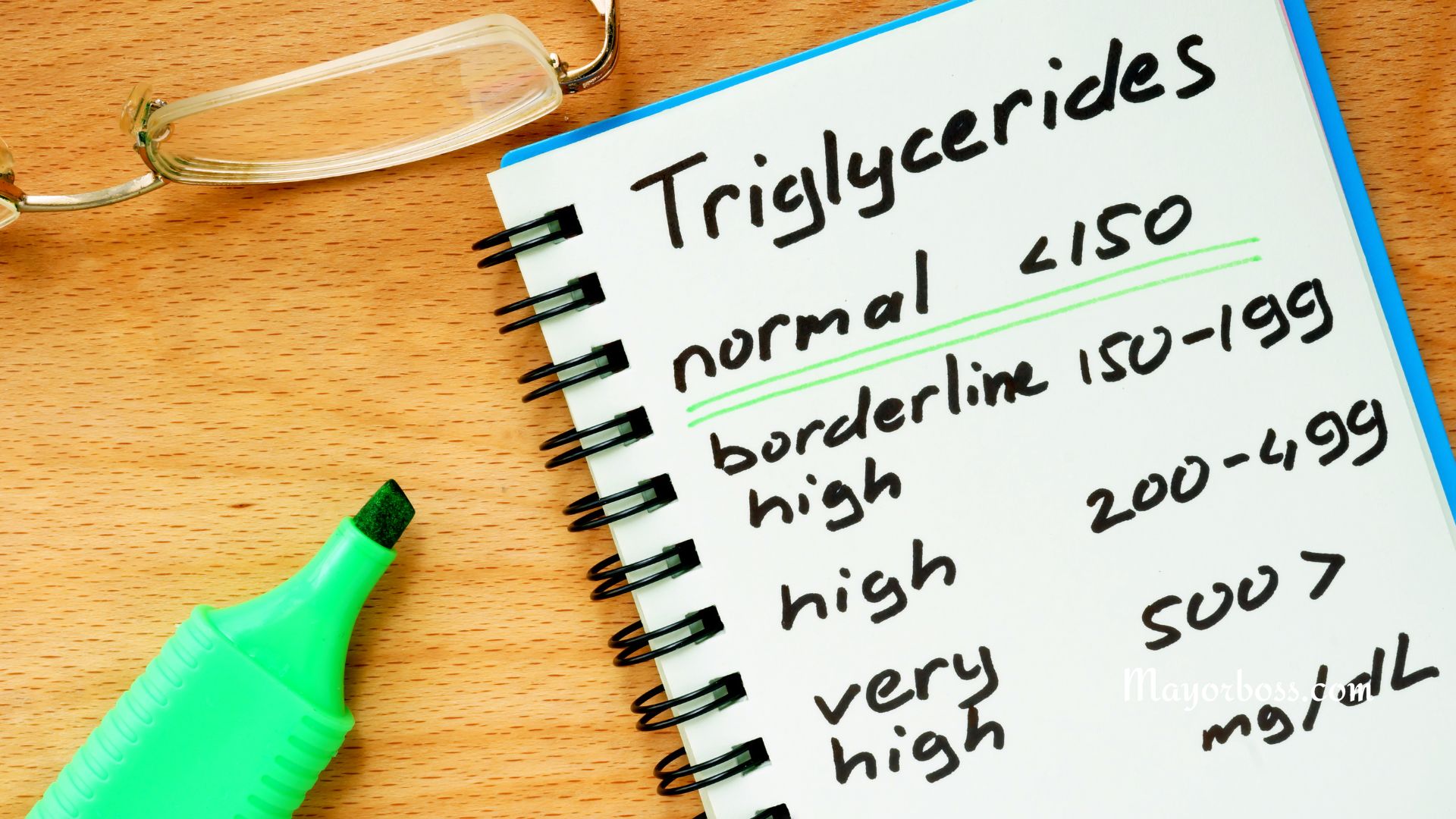Why You Should Wait Until 10 am for Your Morning Coffee
Have you ever gulped down your morning coffee the moment you staggered out of bed? Most of us have this ritual. However, there’s a twist to how you’ve been timing your first coffee fix—it might not be the optimal moment for your caffeine kick. Surprisingly enough, waiting until 10 am to have your first cup of coffee could drastically enhance its effectiveness. Yes, you read that right!
Your body runs on a circadian rhythm, which essentially acts as an internal clock regulating sleep, wakefulness, and numerous biological functions. One of these functions includes the production of cortisol, often called the “stress hormone.” This hormone not only helps you wake up but also boosts your alertness naturally.
Cortisol levels typically peak at several points throughout the day, one of them being between 8 am and 9 am for most people. So what’s the catch here? When you drink coffee during a peak cortisol production time, you’re not getting the full benefit of the caffeine. This is because cortisol production at its peak already makes you more alert. Adding caffeine into the mix doesn’t boost this effect but rather diminishes it, as your body becomes less sensitive to the caffeine.

The Ideal Time for Your Coffee
By waiting until 10 am, you’re aligning your coffee break with a dip in your cortisol levels. At this time, your body’s natural alertness begins to decline. Here’s where the caffeine from your coffee steps in as a savior, effectively giving you the boost you need when your body is starting to slow down. It’s a strategic move, ensuring that the caffeine works in tandem with your natural body rhythm.
Benefits of Timing Your Coffee Right
Here are a few advantages of delaying your morning coffee:
- Enhanced Caffeine Boost: Drinking coffee when your cortisol level is lower amplifies the effects of caffeine, providing a more noticeable increase in alertness and productivity.
- Improved Mood: Caffeine can improve your mood, especially if consumed during a natural dip in your cortisol levels, making the rest of your day seem more manageable.
- Better Metabolic Health: Proper timing of your caffeine intake can influence your body’s insulin sensitivity, which is crucial for overall metabolic health.
What If You’re an Early Riser?
For those who wake up unusually early, say around 5 or 6 am, the same rule applies. Your cortisol levels peak about an hour after you wake up, regardless of the time. Therefore, you’d adjust your coffee time to about three hours after waking. This way, you align your caffeine intake with your body’s decreasing cortisol levels, not when they’re at their peak.
Tips for Adjusting to the New Routine
Adjusting to a new coffee schedule might seem daunting, especially if you’re used to having a cup as soon as you wake up. Here are a few tips to ease into the transition:
- Gradual Delay: Start by pushing back your coffee time by 15 minutes each day.
- Stay Hydrated: Drink a glass of water first thing in the morning to help wake up your system naturally.
- Healthy Breakfast: Eating a balanced breakfast can also help reduce early morning fatigue and dependence on caffeine.
FAQs
1. What if I work night shifts? For night shift workers, the best time to consume coffee is during the lowest point of your circadian rhythm, which might fall at an unconventional hour. Generally, this would be halfway through your shift.
2. Can I drink tea instead of coffee at other times? Absolutely! Tea has lower caffeine levels and can be a gentler alternative if you need a mild boost outside optimal coffee times.
3. Will this routine help reduce my overall caffeine intake? Potentially, yes. By maximizing the impact of each cup, you might find you need less coffee throughout the day to feel alert and productive.






